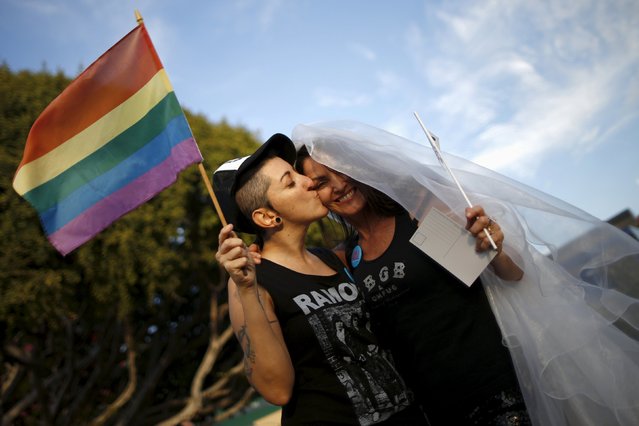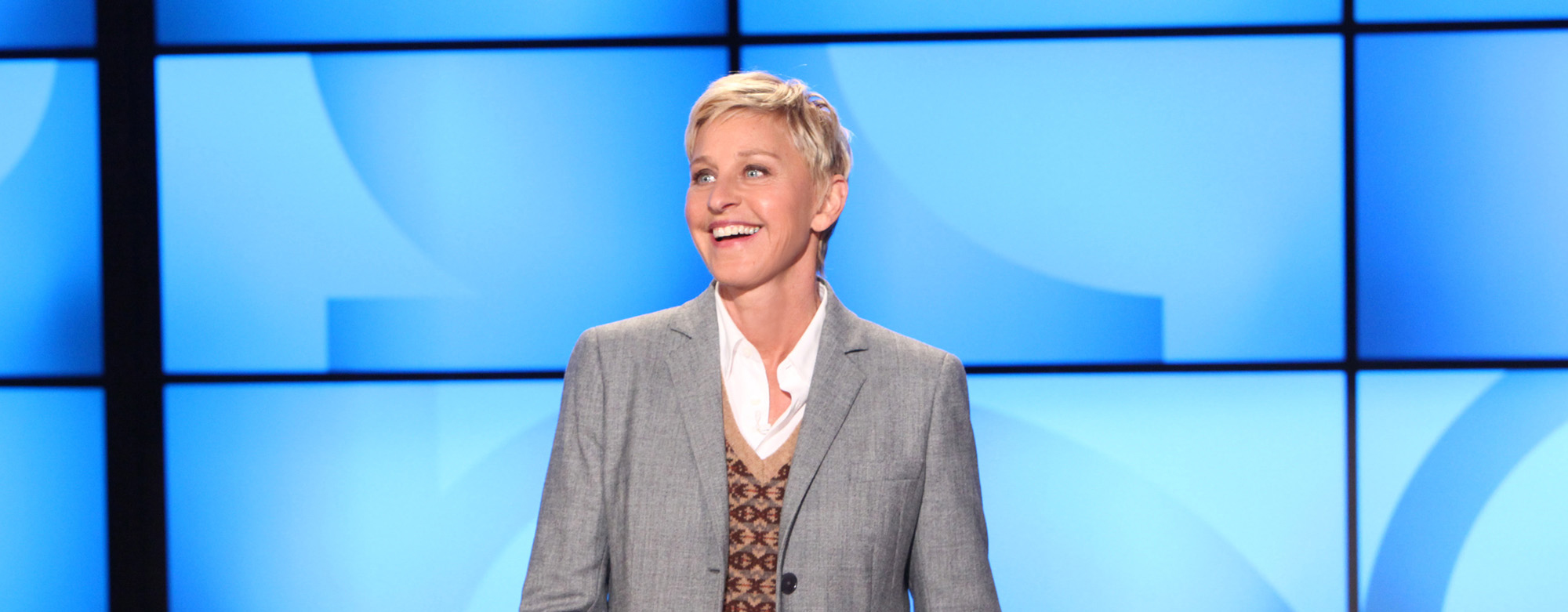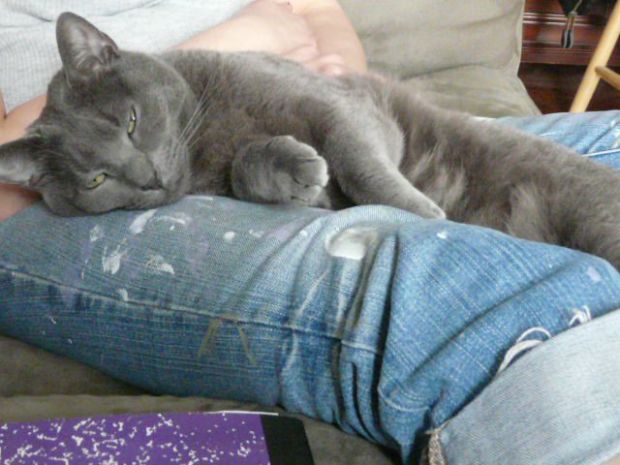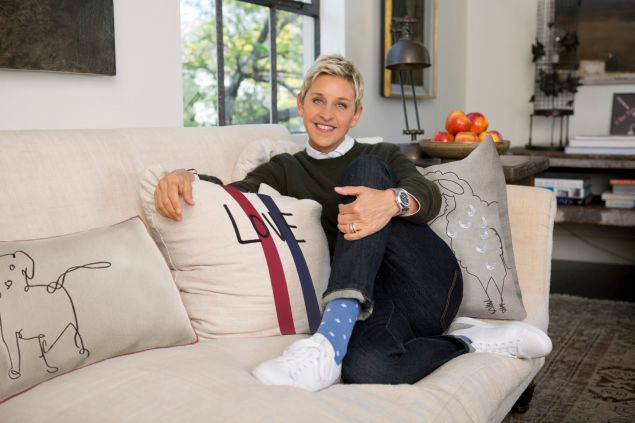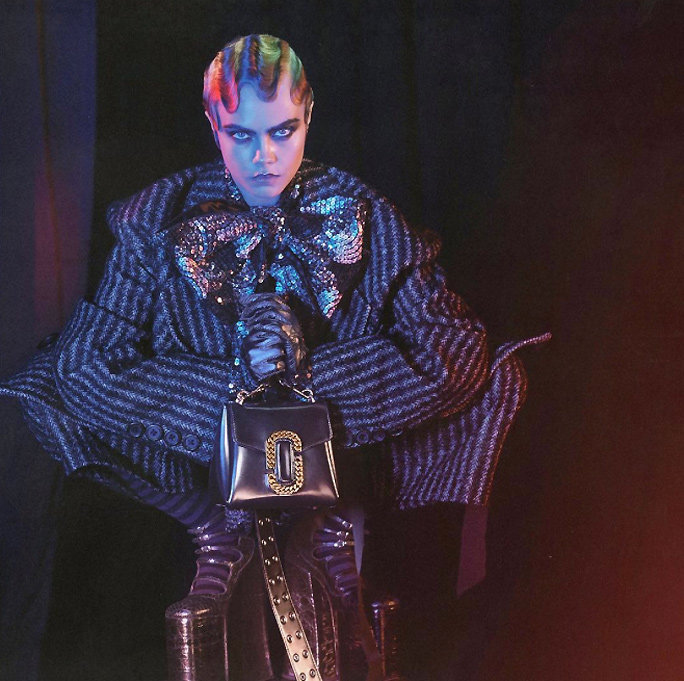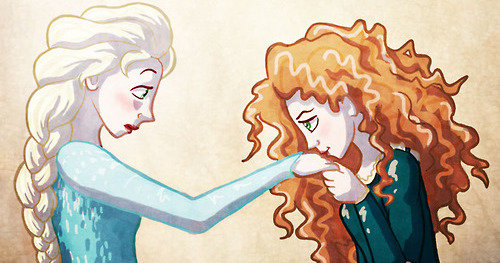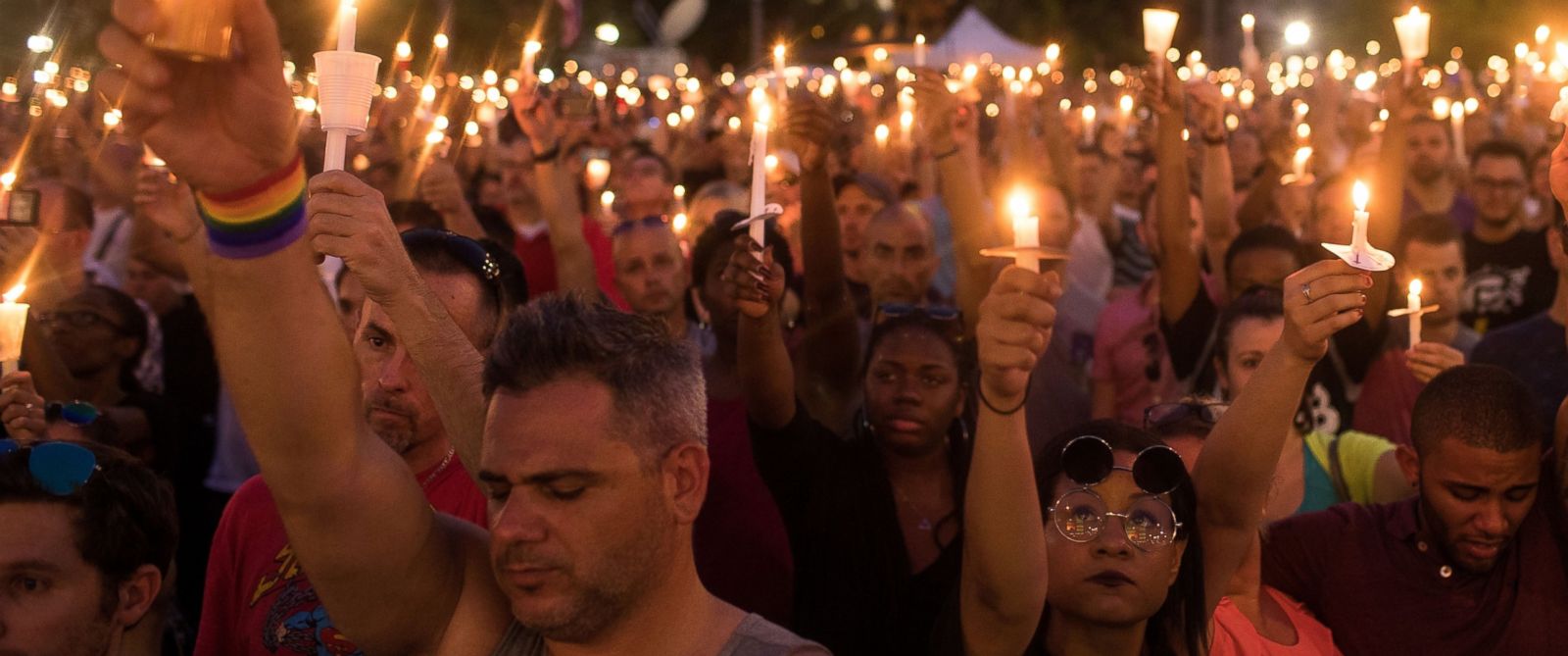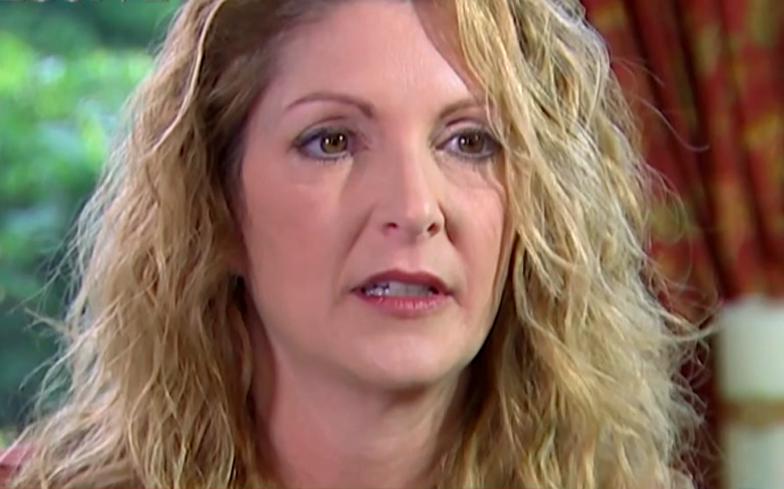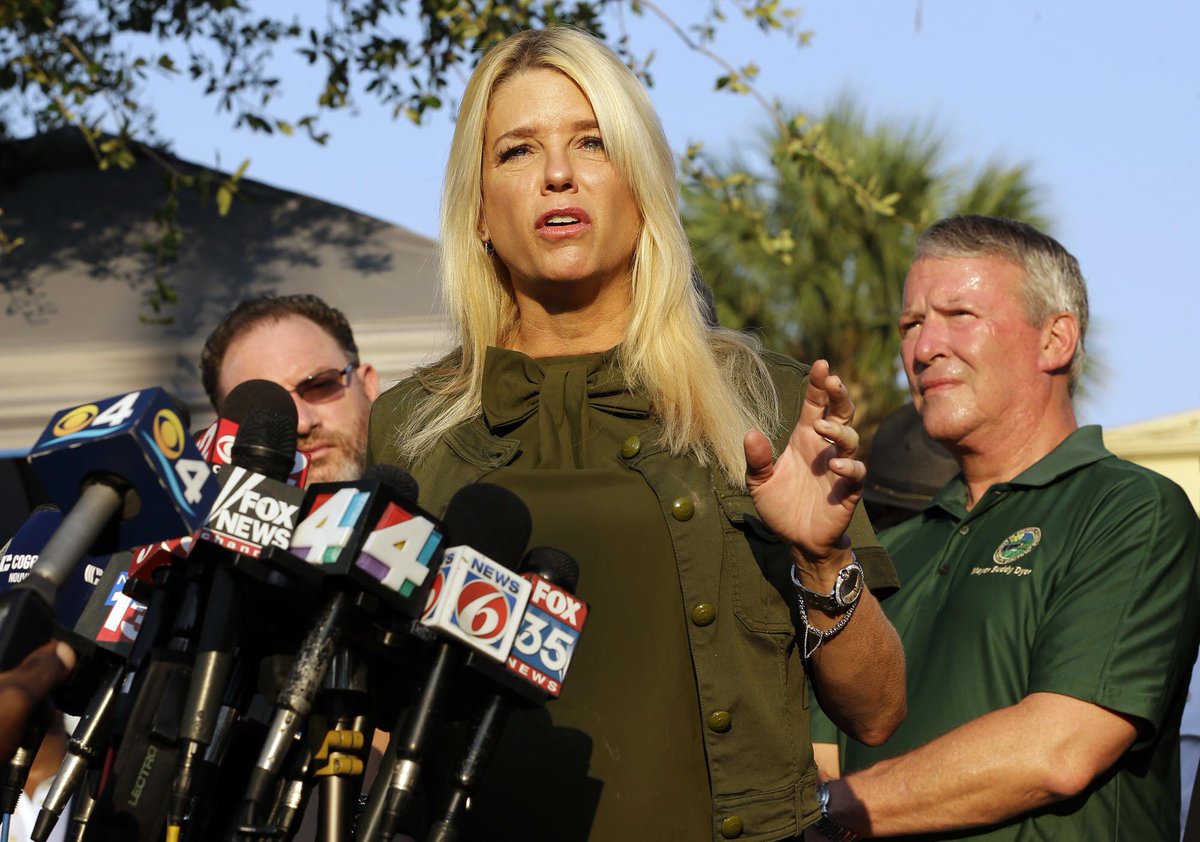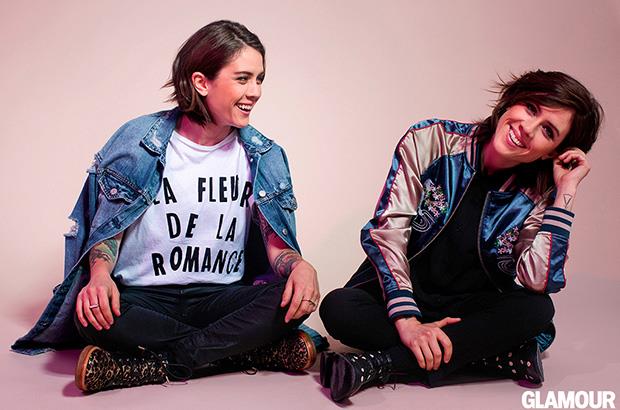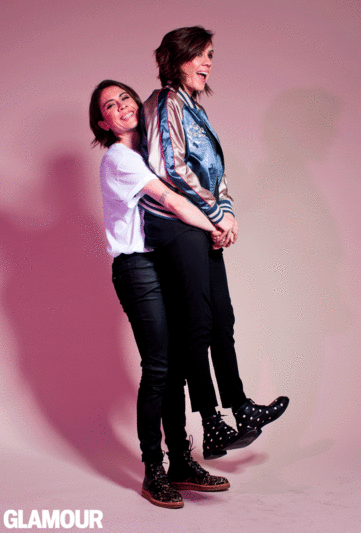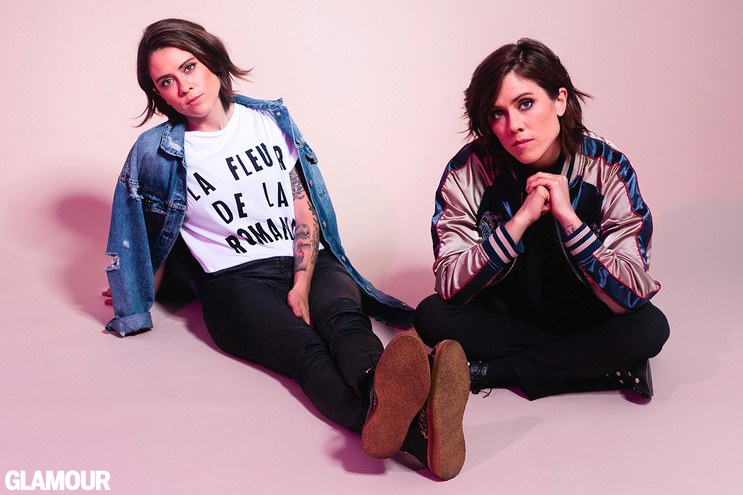Have you ever looked back at your past relationships and wondered, “What the fuck was I thinking?!”
I know I have… More than once. In fact, I feel like I have this conversation with myself every time I get out of a relationship. I tend to go for women who are totally wrong for me, and feel like I can do something to make them more right for me.
Spoiler alert: You can’t.
Someone isn’t going to change to be a better fit for someone they don’t genuinely love. What’s more, you shouldn’t change just to make yourself more compatible with a specific person. After all, if you’re not right together, you’re not right together, and no amount of self-sacrifice is going to fix that.
Looking at your past history in great detail can be a painful experience, but also a rewarding one. If you’ve never sat down and evaluated your love life before, chances are you have no idea what you’re looking for, what you want, or who you want/need to be.
We’ve got an 11-step system for using your failed relationships as a pushing-off point for your future relationships. Are you ready to get a bit analytical?
Step one: The list.
Make a list of everyone you ever had a serious romantic or intimate connection with. Leave some room between the names, because you’re going to examine them a little closer soon. Whether you dated for six years, you hooked up twice and never saw each other again, or you just had a strong crush that broke your heart, doesn’t matter – put them on the list. Anyone who has impacted your emotional state, put ‘em on the list. Don’t push your emotions away right now – if you let yourself re-feel those emotions, it’ll be easier to do the next step.
Step two: How it began.
Next to each person’s name in your list, make a note of where you met, and how the attraction started. What caught your attention? What turned you off and almost made you not give it a chance? Were there any important cues of things to come that you ignored, and totally shouldn’t have? Anything important about the beginning of the entire relationship (or affair, or crush), write it down.
Step three: How were you together?
Make a note as to how you felt about the person when you were together, as well as the way you acted toward one another. Were you both committed and faithful? Was it based on lust, or were there actually feelings involved? How did each person talk to you when you were together? Make sure you’re honest with yourself here – this shouldn’t be about making “the best” answers, it should be about logging the most correct answers.
Step four: Why did you break up?
Who broke up with whom, and what were the reasons? If it was a mutual break-up, what were the reasons? If you broke up with her, why did you feel that you couldn’t work things out? Was it a slow drift or a sudden end? Make sure to note whether you got closure or not, too – as humans, we need closure in order to resolve things. If you haven’t gotten closure, treat your list as your closure.
Step five: Your ex’s qualities
Next, make a list of the character traits your exes possessed. For each one, consider their good and bad traits – and find a way to note which is which on your list. The things you consider deal-breakers should have an especially big notation, because these are the things you don’t want to deal with in another partner. The positive things that are shared across multiple exes are probably some of your criteria for a good partner – but you’ll need to examine whether it’s a healthy positive trait, or just a temporary distraction.
Step six: Compare.
Take a look at all the information you have on your list, and compare how each ex was similar to one another. Also compare the differences between the best relationships and the worst, to see how they affected you. Without this vital step, your list is all for nothing – simply forcing yourself to revisit potentially painful memories, without finding a way to use them for your own benefit, can be emotionally draining. If you need to take a break between your list items and your comparison, take one – this is all about you.
If you find that you’ve dated a string of unemployed addicts, or “fixer-uppers”, or severely intense people, this is something you’ll want to work on for the future. If you’re consistently dating people who seem good on paper, but you were unhappy in the relationship, consider the possibility that they may have been gaslighting you.
Even those of us who have “no type” will find some patterns in their past history, even if the similarities between their exes isn’t obvious from the surface. This deeper look into our romantic history can clue us into the things that we didn’t even know we needed to change.
Step seven: Understand the patterns.
If you want to change your actions, some psychologists feel that exploring your past is helpful in determining the future. While we’re not really sure if it applies to everything, repetition compulsion is a real thing, and understanding why you choose the people you choose to be with might play a huge part in determining how you go about changing these patterns and habits.
Now, I know there might be some people here who say “But you can’t choose who you love!” and… You’re not entirely right. You can’t choose who you’re attracted to, but you can choose who you give your attention to – and you can control your infatuation in order to prevent it from actually turning into love.
Now, onto that repetition compulsion thing: In short, your brain is a jerk. If a situation goes badly, instead of trying not to get into that type of situation again, your brain is going to try to make you recreate that situation over and over again, until you get it right. The only problem here is that repeating the same situation is unlikely to have a drastically different result. In fact, it’s long been said that insanity is “doing the same thing over and over again and expecting different results”. You can’t get those different results unless you change your approach to these problems.
Does this mean that you have to completely change “your type” in order to have a happy relationship? Not necessarily. But you do need to change how you respond to the negative triggers, and work a little harder to eliminate the deal-breakers as early on as possible.
Step eight: Stop trying to win.
I know you’re an awesome person, otherwise you wouldn’t be here reading this right now. But, unfortunately, your ex probably wasn’t so awesome of a person, because if she was, you’d still be with her… Right? Right. You can’t win against someone who isn’t playing fair, so stop trying.
Someone who is emotionally abusive is going to stay emotionally abusive. An emotionally distant person is going to stay emotionally distant. You can’t change anyone but yourself – so stop trying to turn the wrong person into the right person. You literally can’t do it, and it’ll drive you crazy if you keep trying. Instead, seek out relationships where the other person shows that they’re worthy of all the awesomeness that is you.
Step nine: Brainstorm.
Now that you’ve gotten your list done of the good and bad traits of each of your past partners, it’s time to “craft” your perfect partner. Of course, this shouldn’t be seen as a list of requirements, but rather a list of preferences – it’s important that you be flexible to some less-than-perfect qualities.
Look over your entire list, and highlight (or copy down) the positive traits that your past partners may have shared. Anything from your past relationships that you would like to see in your future relationships, write that down. Anything bad that you don’t want to deal with again, write that down, too.
Try to avoid noting preferences that deal with your ideal partner’s appearance or job title, as these things may change (or, at the very least, are pretty shallow). Your limitations and expectations should be based on broad terms and things that you can actually find in a new partner – not things that are specific to your exes.
Step ten: Figure out what you need.
Now that we’ve covered the things you want in your relationships, it’s time to address the things you need. Take a look at this quiz about the five love languages to determine what your own affection needs are, and try to make a blueprint to help you find someone with the qualities you want and the love style you need. It might seem minor, but these are important factors to consider – you are significantly more compatible with someone who has a similar affection style as you.
Step eleven: Evaluate what you need to change.
So I bet you thought this was going to be all about what you want, right? Well, almost. The last step in this process is to evaluate your own life, and see which of the things your exes disliked about you are actually valid needs-for-improvement. For example, if your exes frequently complained that you were selfish, consider adopting a more selfless lifestyle. If your partners have complained that you’re too messy, try to work on developing better cleaning habits.
There is no single right or wrong answer here, and the things you need to prove aren’t necessarily the things that I would need to improve. Make sure you’re being honest with yourself, and taking into consideration that you really shouldn’t give up the things that make you you. Focus on the things that will make you a better person, rather than a different person.
What most people don’t realize is that, the things we tend to want out of a relationship are often the exact opposites of the things we can see in ourselves. If we’re very shy, we might gravitate toward people who are outspoken. If we’re not very strong or brave, we might seek out someone who is more protective. No matter what the specifics of the people you want in your life, you might find happiness simply by becoming the type of person you’d want to date.
I know it seems weird, but trust me – you need to be the type of person you’d want to attract. We’re attracted to people who are like us, just as much as we’re attracted to people who are different than us, but in different ways. Strong, assertive women need strong, assertive lovers. Highly intelligent people need highly intelligent lovers. And all of us want to avoid being the type of person we can’t stand – so make sure you’re not setting yourself up to be the wrong type of partner.
[interaction id=”56d059c0fe5d459225d49467″]

